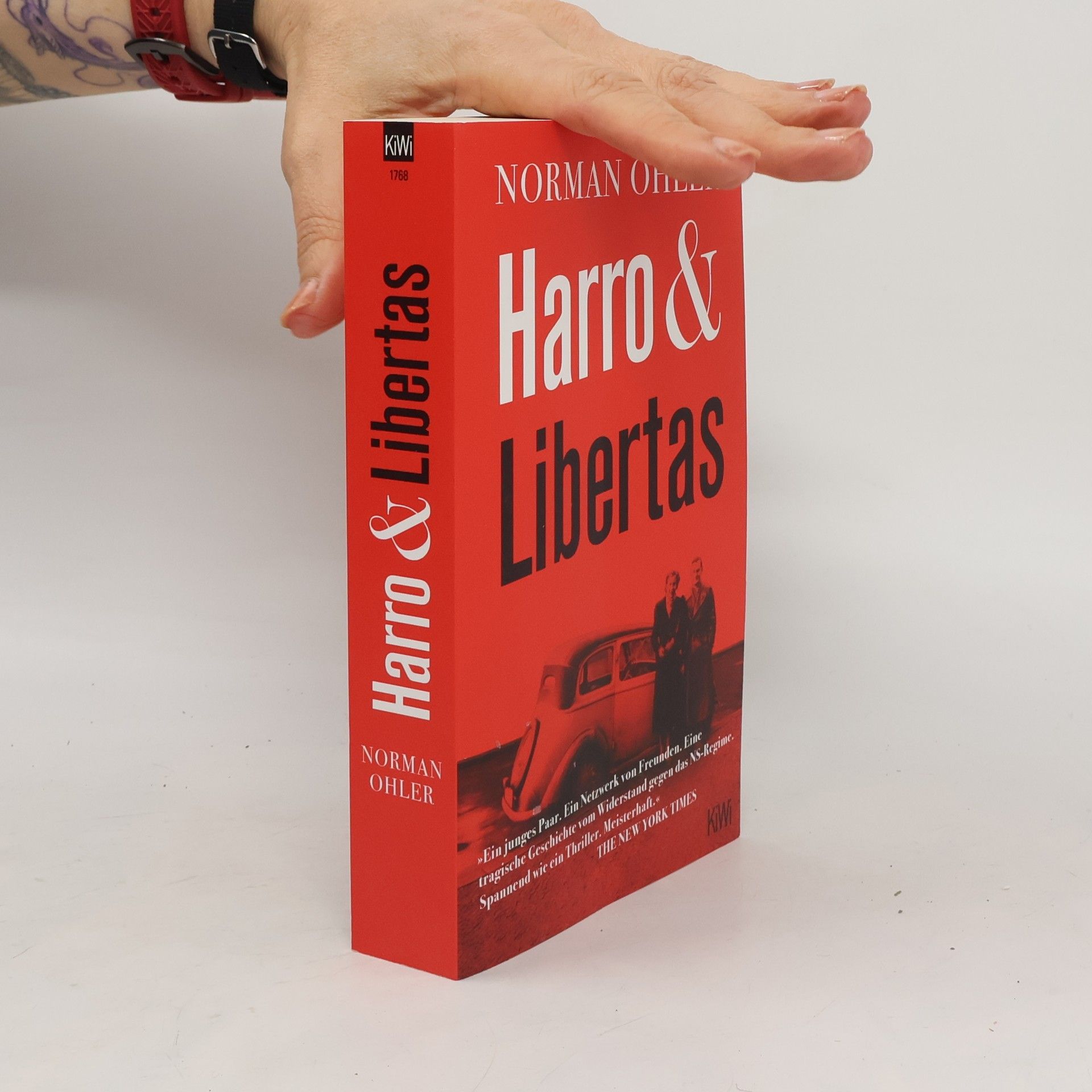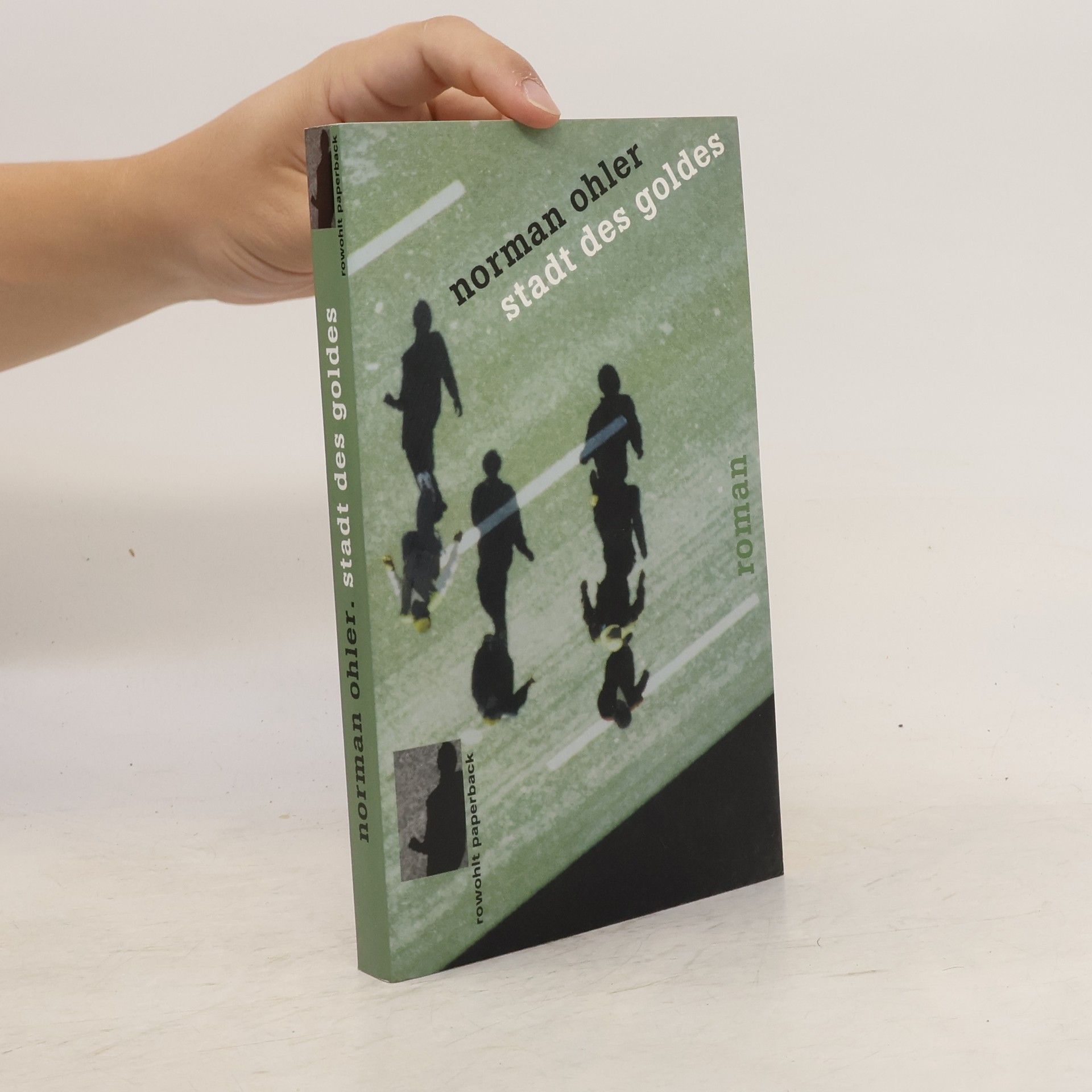Tripped
- 226 pages
- 8 hours of reading
This account brilliantly sifts through a massive history to reveal ideological connections, making it a must-read. The author of the New York Times bestseller Blitzed presents a provocative exploration of drugs and postwar America, detailing how Nazi experiments with psychedelics covertly influenced CIA research and shaped the War on Drugs. In Berlin 1945, drug use surges after the fall of the Third Reich, with policies enforced by the four allied powers: the Soviet Union, Britain, France, and the US. In the American sector, Arthur J. Giuliani from the Federal Bureau of Narcotics investigates Nazi anti-drug laws for potential insights. Five years later, Harvard professor Dr. Henry Beecher collaborates with the US government to delve into Nazi psychedelic research, which began with mescaline and expanded to LSD. Originally developed for medical use by Swiss pharmaceutical Sandoz, the Nazis repurposed LSD for mind control military research, which the US sought after the war. This research led to MKUltra, the CIA's infamous brainwashing program in the 1950s and 1960s, and significantly influenced US drug policy on psychedelics for decades. Drawing on extensive archival research, the author reveals hidden connections between the Nazis and early American drug culture, illustrating how this secret history hindered therapeutic research on psychedelics and laid the groundwork for America's War on Drugs.





